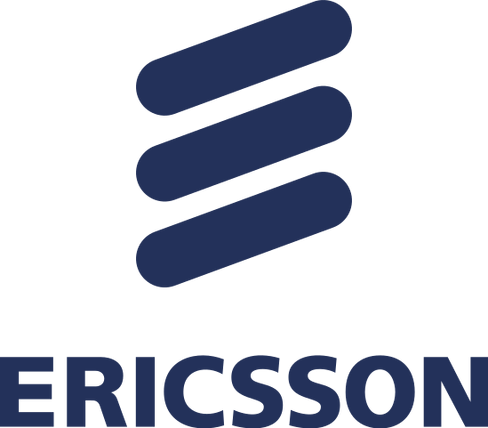Tobias Lindahl
Another Erlang enthusiast
Klarna AB

Tobias started out his Erlang career by implementing floating point support in the HiPE compiler, and sort of got stuck in the HiPE group at Uppsala University. There he became the original developer of Dialyzer and TypEr. Nowadays, he tries to spend his time performing analysis on the Klarna code base, but usually ends up going to a lot of meetings. Occationally he actually writes some code.
Tobias Lindahl is Giving the Following Talks
Tools@Klarna
Klarna (currently) operates in six countries. We need to handle translations of PDF's, GUI, Emails, etc. The basis of our i18n system is built around the gettext Erlang application. To help us coordinate the translation work with the development process, we have developed a web-based tool named POlish. With POlish, translators can do their work from anywhere while still cooperating with a particular developer. POlish is released as Open Source and will be described in this talk.
As part of its transformation to agile, Klarna is enhancing its testing toolbox to better support Acceptance-Test-Driven Development (ATDD) and Continuous Validation. Originally working only with Yatsy and Eunit, we are now also utilising Common Test Framework, Fitnesse, Selenium and QuickCheck. The Klarna code base has grown organically for some years now, and so has the code dependencies. In order to create order out of chaos, we resorted to building a tool for dependency analysis and automatic code move. While this is not rocket science, we will share some experiences (and possibly also the actual tool).
As part of its transformation to agile, Klarna is enhancing its testing toolbox to better support Acceptance-Test-Driven Development (ATDD) and Continuous Validation. Originally working only with Yatsy and Eunit, we are now also utilising Common Test Framework, Fitnesse, Selenium and QuickCheck. The Klarna code base has grown organically for some years now, and so has the code dependencies. In order to create order out of chaos, we resorted to building a tool for dependency analysis and automatic code move. While this is not rocket science, we will share some experiences (and possibly also the actual tool).


